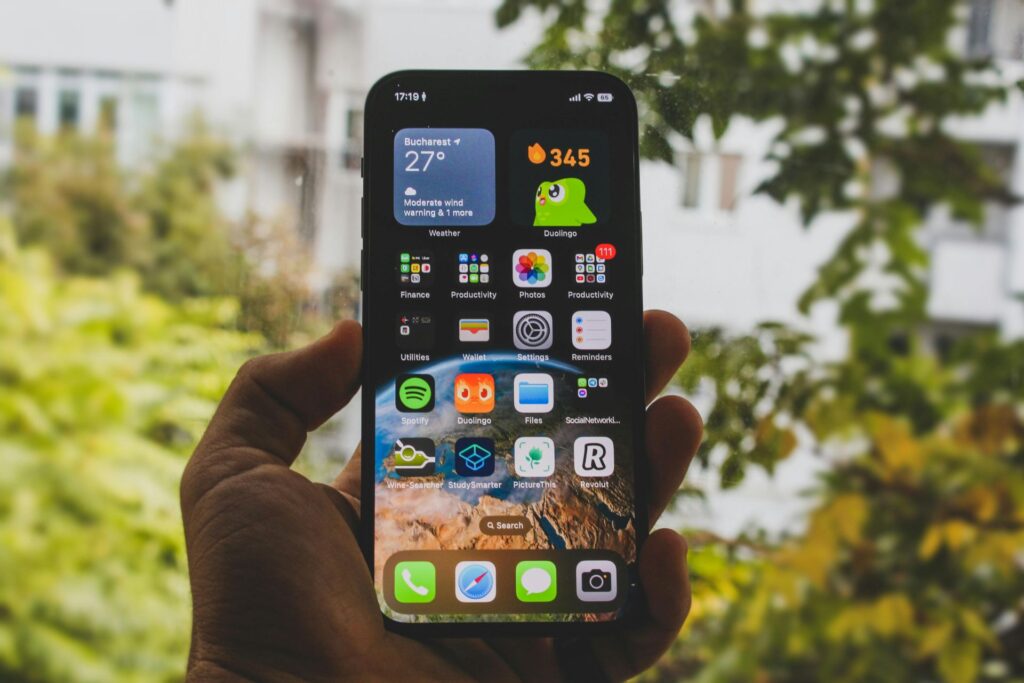
Duolingo’s decision this spring to lean heavily into AI—aiming to replace its network of gig-work contractors with generative tools—has touched off an unexpected uproar. Long after its green owl became a TikTok darling, fans are now uninstalling the app en masse to protect their daily streaks and voice anger at the idea of machines taking over human jobs. What began as a lighthearted mascot moment has become a flashpoint in a larger debate over where AI belongs in our lives.
From Initial Excitement to Growing Disillusionment
When tools like ChatGPT first appeared, many of us were enchanted. Generating a quick cartoon sketch or boiling down a complex report stopped feeling like a chore. But in the months that followed, frustrations mounted: artists discovered their work had trained these algorithms without credit, writers joined Hollywood’s 2023 strike over similar grievances, and lawsuits from publishers piled up. Then came the glitches in AI responses, rising energy costs for massive data centers, and fresh worries about how constant AI chatter might affect our mental health. Suddenly, all that initial wonder felt a lot more complicated.
Announcements vs. Real-World Job Insecurity
Tech companies insist they’re only automating the most repetitive tasks—customer-service queries, basic coding, even routine marketing copy. Yet announcements from Duolingo, Salesforce, Klarna and others have translated into fewer new hires and real fears of desk jobs vanishing. From small towns built around fossil-fuel-powered server farms to city dwellers tired of cookie-cutter podcasts pushed by algorithm, people are pushing back both online and in person.
Rising Public Anxiety and Ethical Concerns
Surveys underscore the growing unease. Right before ChatGPT’s debut, about 38 percent of U.S. adults said they were more worried than optimistic about AI; by late 2023 that number climbed to over half. Ethical researchers warn of embedded biases in these systems, the carbon footprint of training ever-larger models, and the very real threat to entry-level roles. Parents ask how chatbots might shape their children’s social skills; couples wonder if virtual companions will weaken real relationships. Nearby residents of new data centers are organizing against the noise and pollution of diesel generators.
Social Media’s Quick-Draw AI Lie Detector
This skepticism has seeped into our online culture. Comment threads on TikTok and Instagram have become a sort of amateur lie-detector test: the slightest punctuation oddity earns accusations of “bot writing.” Instead of slowly growing more comfortable, our mistrust seems to deepen with each new release that overpromises or stumbles.
Unequal Environmental and Labor Impacts
Meanwhile, the promise that AI would democratize knowledge feels upended. Profits from sprawling data centers flow to a handful of major players, while communities on their doorstep bear the environmental costs. Entry-level candidates now find themselves competing with automated software agents—an unfair challenge that leaves many feeling the downside of innovation far more sharply than its perks.
Early Signs of AI-Focused Worker Organizing
Historically, when workers sense an existential threat, they organize. We’re already seeing early signs of AI-specific labor movements: petitions, social-media campaigns—and soon, perhaps, picket lines outside tech campuses. The Duolingo backlash may be just the beginning of a broader demand for transparency, accountability and meaningful human roles alongside emerging technologies.
Bridging the Trust Gap with Responsible AI Deployment
For AI advocates, the real proving ground lies ahead: delivering benefits that clearly outweigh social and environmental costs. If they succeed, the promise of smarter, more efficient tools could still win over skeptics. But unless companies address equity, sustainability and genuine human impact, that trust gap will only grow wider.
